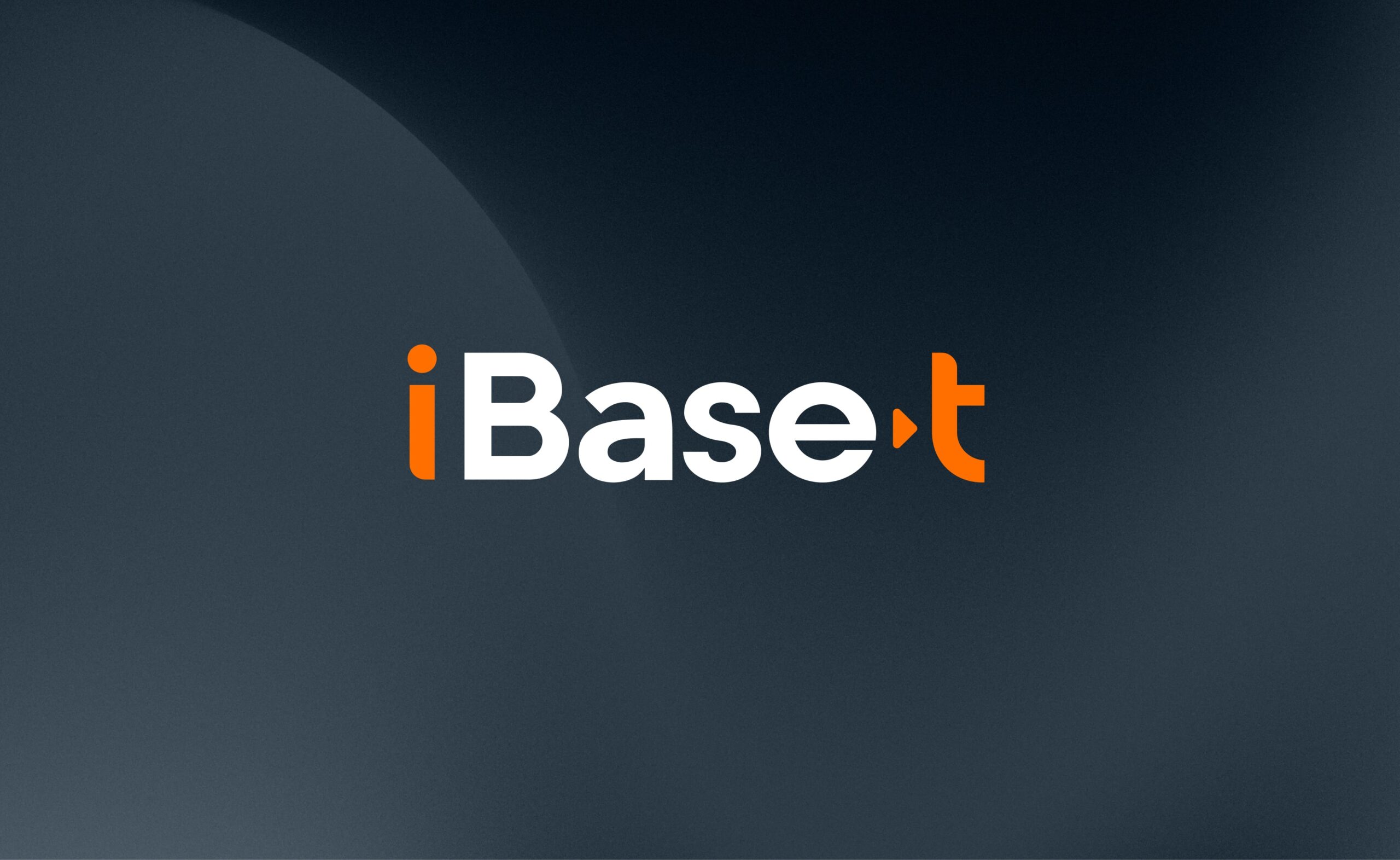As both producers and consumers have become more aware of the environmental impact that the current rate of consumption has had worldwide, sustainability goals are now front-and-center across industries with the manufacturing sector chief among them. By adopting digital transformation solutions, today’s leading manufacturers are paving a path forward for more sustainable manufacturing practices.
To get a better understanding of how these efforts are being implemented, let’s discuss what sustainable manufacturing looks like, how manufacturers can incorporate sustainable solutions into their processes, and the role Industry 4.0 technologies play in achieving sustainability goals.
What is Sustainable Manufacturing?
The Green Suppliers Network (DOC/EPA) defines sustainable manufacturing as “a systematic approach to eliminating waste by optimizing use and selection of resources and technologies.” This approach focuses on both how the product is made, as well as the product’s attributes, including the inputs, the manufacturing process, and the product’s design. Examples of sustainable manufacturing:
- Making products that use less energy and materials and produce less waste
- Using
efewer hazardous materials - Considering idle-time as a waste of time and people resources
Sustainable manufacturing practices can range from very simple process improvements to large investments in new technologies and product redesign.
With Deloitte estimating that manufacturing processes use roughly one-third of the world’s energy, it is vital for manufacturers to address sustainability to meet worldwide environmental objectives. Fortunately, digital technologies are making it possible for manufacturers to achieve their sustainability goals.
Implementing Industry 4.0 Solutions to Drive Sustainable Manufacturing
It can seem overwhelming to think about all the work that would be required to make your manufacturing operations more sustainable. However, digitally transforming your operations and harnessing Industry 4.0 technologies offer manufacturers a head start on their sustainability journey. In recent years, the implementation of lean processes using digital technology has helped manufacturers reduce waste, boost productivity and efficiency, created safer workplaces, and reduced costs. With it’s purpose-built solution, iBase-t helps clients build a connected manufacturing operations ecosystem and model-based engineering infrastructure that enables them to take full advantage of the latest technologies to drive quality, velocity, and efficiency.
Armed with unprecedented quantities of data, manufacturers are now able to derive insights quickly and efficiently. Digital technologies that leverage that data into operational benefits and enhanced efficiencies are the key to enabling massive improvements in manufacturing sustainability. Organizations can use these solutions to optimize production and reduce waste.
It is important to keep in mind that “lean” goals that optimize for cost efficiency do not necessarily align with “green” goals. That said there is also a healthy area of overlap that can lead to operationally efficient and sustainable manufacturing. Waste costs coming from defective or overproduced components and products, or material lost due to time or tampering, are both expensive and result in an outsized environmental impact. Locating these areas of “clean” and “lean” goals are key in implementing sustainable manufacturing regardless of the complexity involved in implementation.
It’s clear that sustainability is not just a nice-to-have, but a must-have for manufacturers today. By leveraging Industry 4.0 technologies, manufacturers can reduce waste, minimize rework, avoid overproduction and waiting times, minimize their environmental impact, and achieve their sustainability goals.
iBaset’s Solumina Manufacturing Operations Platform provides continuous performance feedback to support integrative and sustainable improvement initiatives. With these capabilities, users can better track their progress towards these initiatives, quickly see where and how these initiatives are impacting production, and continually adjust operation to optimize efficient and sustainable results. Digital solutions like Solumina are helping manufactures today reach the goals they are aiming for and delivering a cleaner future for the sector.





